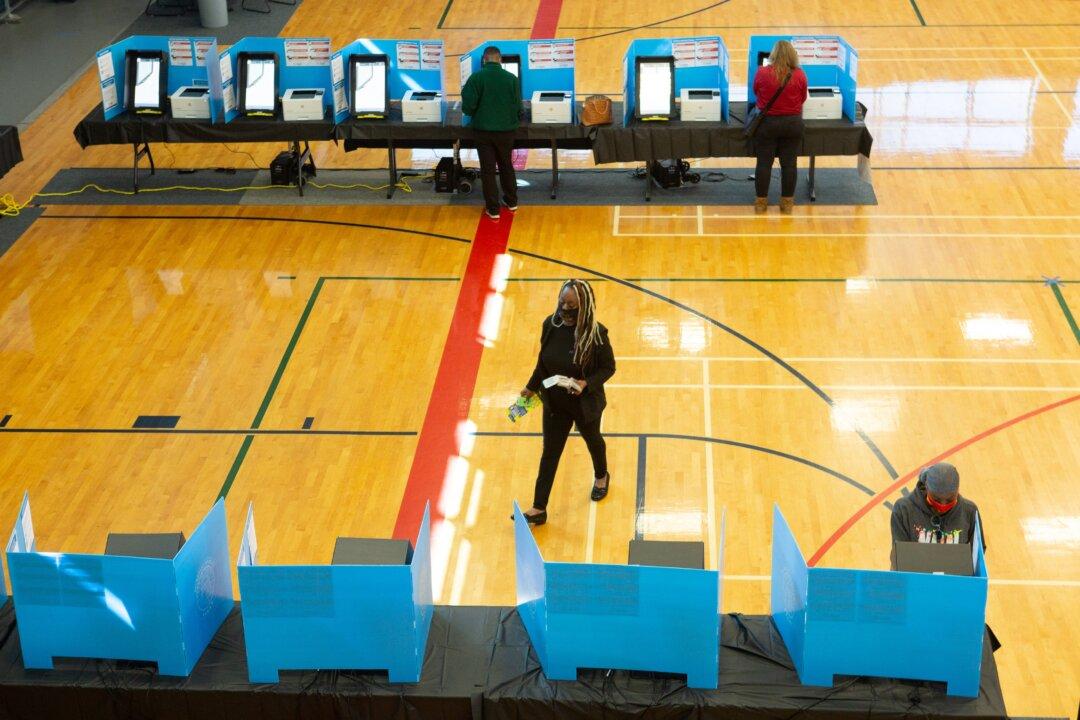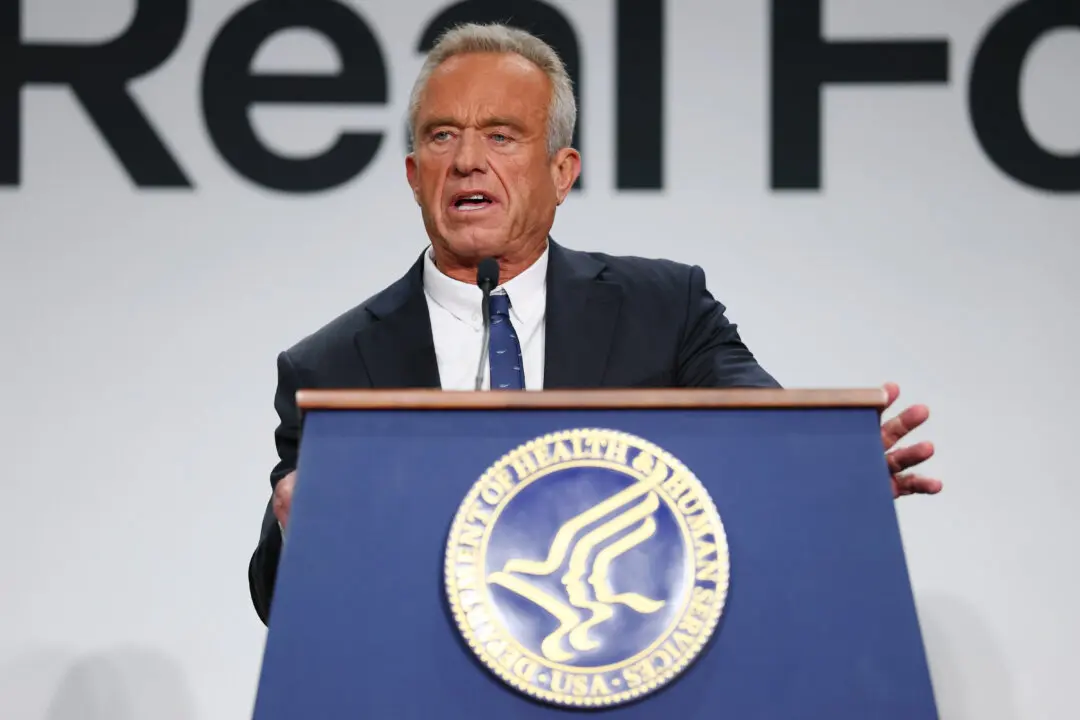The state of Georgia asked a judge on July 28 to toss a case brought by the Department of Justice (DOJ) over a voting law passed earlier this year and signed into law by Gov. Brian Kemp.
The federal lawsuit “fails to plead a legally cognizable claim under Section 2 of the Voting Rights Act,” Georgia Attorney General Chris Carr, a Republican, wrote in the 37-page filing in The United States v. The State of Georgia.





